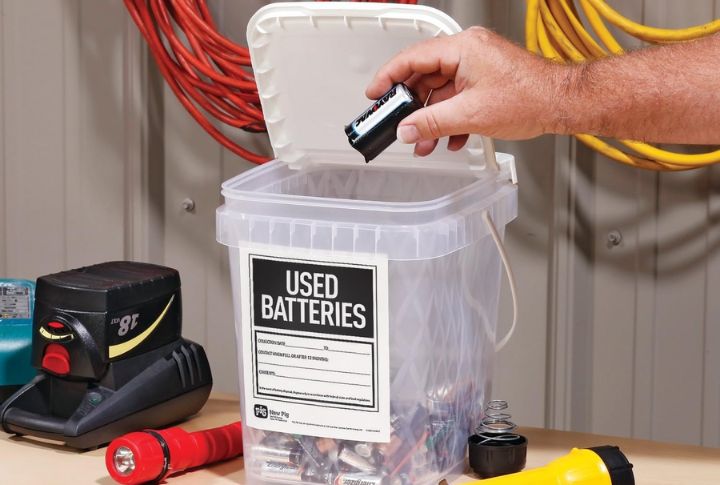
Do you think tossing used batteries in the trash is harmless? Inside those little power packs are chemicals that don’t just vanish. Instead, they linger, leak, and react in ways most people never imagine. So, let’s first uncover what really happens when batteries meet the bin—and why that split-second decision can have lasting consequences.
They Can Spark Fires
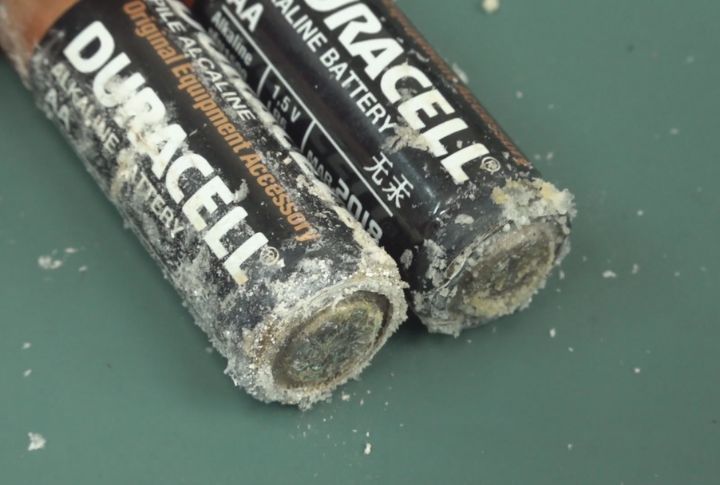
Damaged or crushed batteries can short-circuit and rapidly overheat, triggering fires in landfills or garbage trucks. Even seemingly “dead” batteries may retain enough charge to spark flames, which makes improper disposal a serious fire hazard in waste management systems.
Lithium-Ion Batteries Can Explode Under Pressure
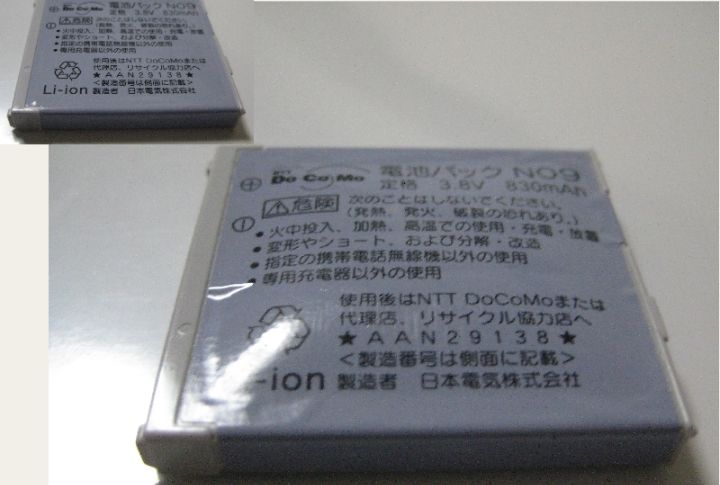
Picture a phone battery getting crushed in a garbage truck; that’s a ticking time bomb. Lithium-ion batteries can explode when punctured, overheated, or damaged. If one swells or hisses, it’s dangerous. These batteries power everything from phones to power tools, so handle them with extra care.
They Leak Toxic Chemicals Into Soil And Water
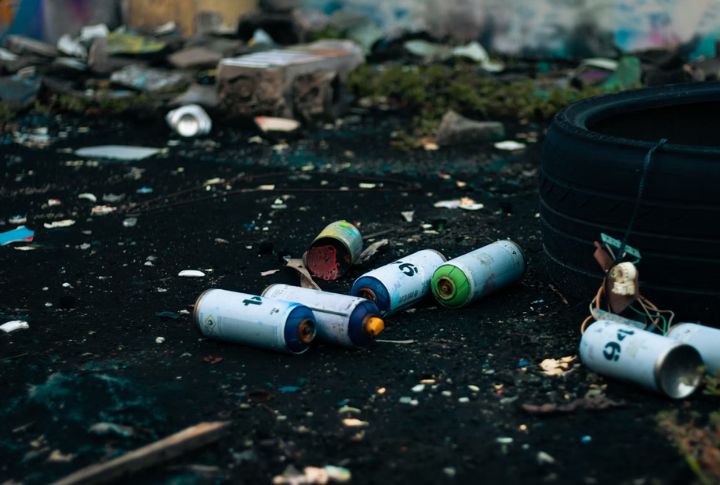
Batteries dumped in landfills slowly degrade, releasing toxic chemicals that seep into the surrounding soil and water. This contamination harms wildlife, disrupts ecosystems, and poses long-term health risks to nearby communities through polluted groundwater and environmental exposure.
They Disrupt Recycling Systems
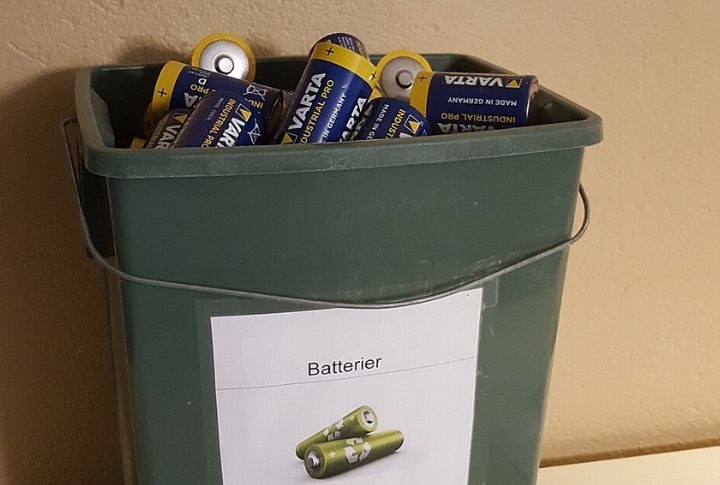
When tossed in regular trash, batteries often end up contaminating recycling streams. Sorting facilities aren’t equipped to handle them safely, and a single battery can damage machinery or force entire batches of recyclables to be discarde
They Violate Local Disposal Laws

In many areas, throwing batteries in the regular trash is often illegal, especially for rechargeable types. States like California and New York ban tossing rechargeable batteries with household waste and can issue fines for violations.
The good news is, fixing it is simple. A few small habits can protect your home, your community, and the planet. Here’s how to handle batteries the smart, safe way.
Tape The Terminals
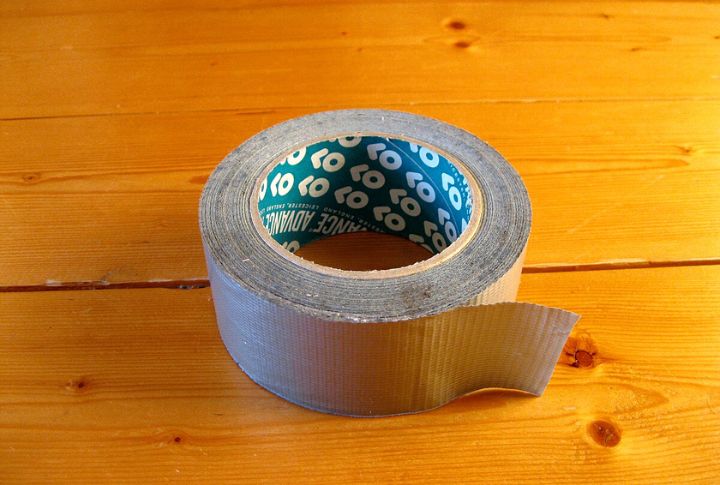
Before stashing away used batteries, take a quick safety step: tape the ends. A small piece of electrical tape can stop them from sparking if they touch. The EPA even recommends sealing both terminals or keeping batteries in separate plastic bags to avoid short circuits.
Store In A Non-Metal Container
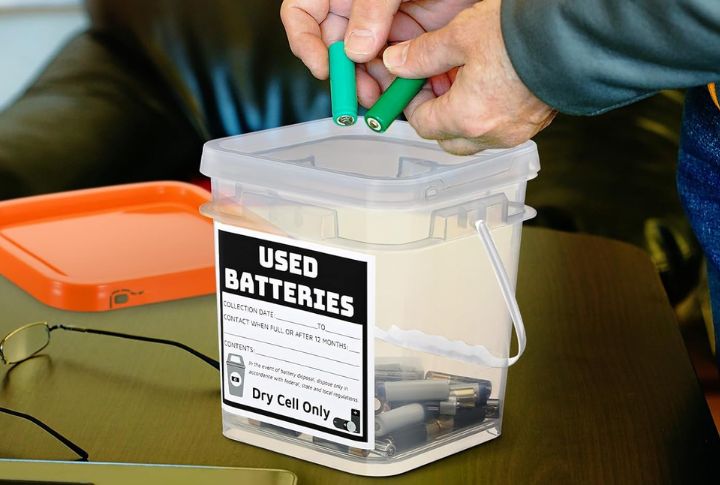
That junk drawer might not be as safe as it seems. Batteries bumping into metal objects like coins or paper clips can short-circuit and overheat. So, you should keep them in a sturdy plastic tub or cardboard box instead.
Take Them To A Certified Battery Recycling Drop-Off
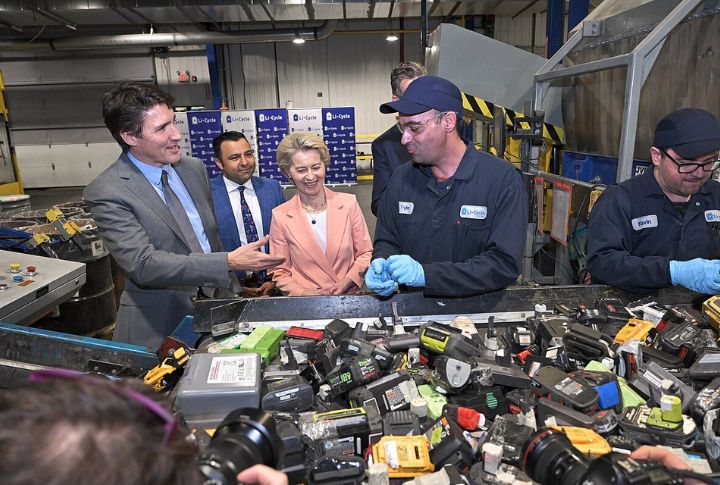
The best destination for a used battery is a certified recycling center. Many stores and local waste facilities take them for free. These programs safely recover metals and prevent pollution, making it an easy way to protect your home and the planet.
Avoid Mixing Battery Types During Storage
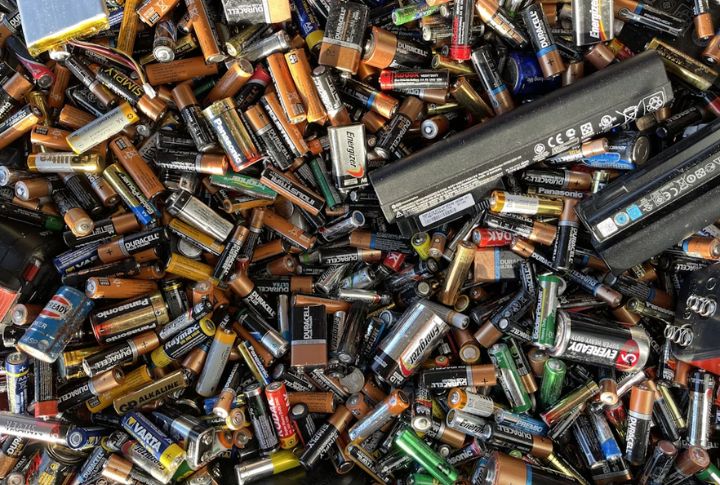
Different batteries may look harmless together—but mixing them can be risky. When stored side by side, varying chemistries can leak or discharge unevenly. Keep types separate, store 9-volts upright to prevent contact, and leave smaller batteries sealed in their original packaging until ready to recycle.
Use Mail-In Battery Recycling Kits
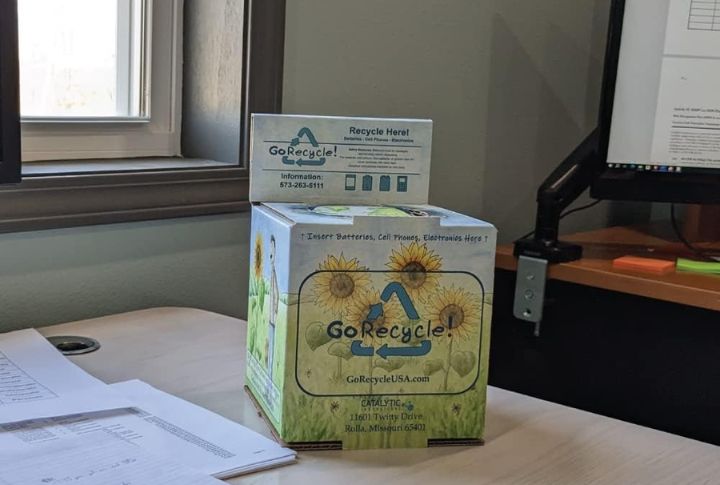
If no drop-off sites are nearby, mail-in recycling kits have you covered. They come with prepaid labels and protective packaging. This way, you can safely send used batteries to certified recyclers. It’s an easy, eco-friendly option that works great for people in remote areas.

